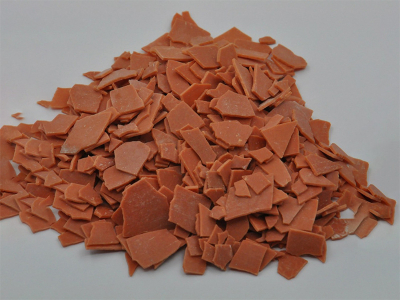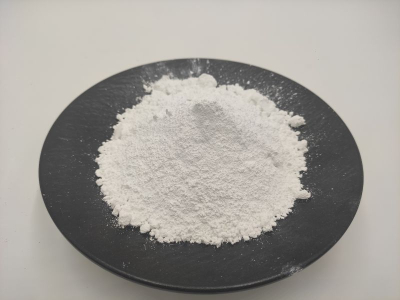What is the crystal growth rate of precipitated barium sulfate
What is the crystal growth rate of precipitated barium sulfate
Barium sulfate is a white deposit formed by the reaction of ions in solution and is practically insoluble in water. What we share this time is a little knowledge about ultrafine precipitated barium sulfate crystals. What do you know about its growth rate? Let's go and see.
The growth rate of ultrafine barium sulfate crystals can be expressed by a first-order reaction equation. With the addition of PBTCA concentration, the growth rate decreased, especially in low supersaturation solutions. After the addition of PBTCA, the growth rate of barium sulfate crystals decreased by two orders of magnitude. The inhibition of PBTCA on the growth of barium sulfate crystals is mainly due to its adsorption in special orientations such as active growth points. Because of the large differences in barium sulfate content, the quality and performance of conflicting data can be compromised. The emergence of precipitated barium sulfate has opened up a way to solve this technical problem.
The proportion of superfine barium sulfate is large, which can be used to suppress well blowout in oil mining. Ultrafine barium sulfate is converted into ultrafine barium sulfate after chemical refining. Barium sulfate is 99.99% pure and can be used as a fluorescent bleach for paper. After processing and purification, barium powder can be used in X-ray photography. Ultrafine barium sulfate forms opaque shadows in the gastrointestinal tract and is used for the diagnosis of gastric diseases. It can be seen that barium sulfate is harmless to the human body. Health Hazard Pure barium sulfate is insoluble in water and non-toxic. Inhalation can cause chest tightness, chest pain, cough, etc., affecting the eyes. Long-term inhalation can cause barium pneumoconiosis.
Our company supplies common barium sulfate, anti-radiation barium sulfate, optical sulfur. In the application of radiation protection, the anti-radiation barium sulfate produced by our company can be directly mixed with water to make barium sulfate mortar. Radiation-proof cement, mortar and concrete use barite to absorb X-rays. Barite is used to make barium cement, barite mortar and barite concrete to replace metal lead plates to shield nuclear reactors and build scientific research, anti- X-ray of buildings. Barium cement is made of barite and clay as the main raw materials, sintered to obtain clinker composed of dibarium silicate as the main mineral, plus an appropriate amount of gypsum and ground together. The specific gravity is higher than that of ordinary Portland cement, up to ~. Intensity numbers are 325-425. Due to the large proportion of barium cement, it can be formulated with heavy aggregates (such as barite) to form uniform and dense X-ray-proof concrete.



